
This guide to Mauritius and Rodrigues also appears under the Digital Nomads Guides brand
Contents
Why Mauritius?
East of Africa in the Indian Ocean is a small archipelago that seeks to attract digital nomads. Mauritius created the premium visa for you to come and open up your laptop to get that money. There are many benefits to choosing Mauritius as your main stay in Africa and the southern hemisphere. Besides their generous one-year digital nomad visa, the climate is pleasant, the internet is fast, the living standards are high, and it’s the safest country in Africa. There are also loads of things to do in Mauritius and Rodrigues for lovers of all things cultural, natural, active, relaxed, and delicious.
Money
The currency in Mauritius is the Mauritian rupee. Prices are usually indicated with the letters Rs, e.g. Rs 300. It’s subdivided into 100 cents, but you’ll rarely encounter these, and prices are usually rounded to full rupees. The comma is used as a thousands separator, so Rs 10,000 means Rs 10000. The currency code is MUR.
Prices for touristic activities are sometimes quoted and can be paid in euros, but you’ll usually get a poor exchange rate and shouldn’t rely on this. Normal shops will not accept euros.
As of July 2022, the exchange rate of the Mauritian Rupee is about 100 MUR = 2.20 EUR/USD.
ATMs accepting VISA and MasterCard are available in pretty much all towns and villages. They usually don’t charge a fee. The withdrawal limits vary depending on the bank and range between Rs 10000 and Rs 40000.
Exchanging money is easy at banks, but you are usually better off just using ATMs. As always, avoid exchanging money at the airport if you can.
You can pay with your VISA or MasterCard at hotels, supermarkets, and most restaurants. There is usually no extra fee for payment by card. Despite card readers supporting contactless payment, Apple Pay doesn’t work in Mauritius as of July 2022.
Tipping is not expected in Mauritius, but if you want to leave something extra, it will be understood and appreciated.
Goods and services targeted at the local population are quite cheap, while touristy things can be rather expensive. A few examples:
Half-liter bottle of Coke in a shop – €0.60
Cappuccino – €1.70
Local restaurant meal (e.g. fried noodles) – €3.50
Small beer in a bar – €1.80
Liter of wine in a shop – from €3.50
Hotel room – from €30.00
Airbnb apartment – from €25.00
5 km by bus – €0.50
5 km by taxi – €5.00
Rent a scooter for a day – €13
Day trip by boat – €40
So, how expensive is it to live in Mauritius for a week? Let’s say you’re on a budget. You stay in a cheap Airbnb and cook for yourself or eat at local places. You drink two beers per week and use the bus to get around. That sums up to a weekly budget of about €220, approximately €960 per month.
If money isn’t that tight, you might opt for a nicer apartment, go to a restaurant every day, and have a proper night out or day trip twice per week. You explore the island by taxi since you can’t be bothered to wait for the bus. That comes to about €530 per week or €2300 per month.
That’s about the range you can expect. The biggest factors are your choice of accommodation and the number of touristy things you are doing.
Internet
Most places on Airbnb include WiFi and it’s usually unlimited and works alright. Depending on the setup of your place, the router can be in another apartment, resulting in a weak signal. Speed varies, but you can usually expect 10 Mbit.
Since mobile data is fast and cheap, you should definitely get a local SIM card as a backup. You can find detailed information about that in this article:
Accommodation
Many locals are hopping on the opportunity of renting apartments to visitors, often at lower prices than the old-school hotels. Airbnb is growing fast, but Booking is also popular. Our advice is to check both platforms before making a decision. Most locals are proud of their island and are happy to give you tips and help you organize trips.
If you like your place and want to extend for a longer stay, you can usually agree on a cheaper price by paying the host in cash. Just send them a message and ask them if they can give you a good price before extending online.
Most apartments have a washing machine you can use without extra charge.
Food
The food in Mauritius is heavily influenced by the Chinese and Indian communities. The go-to everyday dishes include fried noodles/rice, noodle soup, and bol renversé, a bowl of rice and toppings, put upside down on a plate (just try it, it’ll make sense once you see it). You can usually choose if you want your noodles/rice with just vegetables or also with eggs, meat, seafood, and/or fish.
A common snack is an Indian bread (farata), filled with various curries. Other popular snacks are samosas and gâteaux piment, deep-fried balls of lentils, chili, and spices.
Nicer restaurants also have curries, grilled fish, meat dishes, and salads. Apart from local cuisine, you’ll find Chinese and Indian restaurants everywhere on the island.
Vegetarian/vegan diets are well understood. While there are rarely any completely meatless restaurants, there are always vegetarian options on the menu. Check out this detailed article about the topic:
If you’re looking for a food delivery service, the app called “Hungry Dodo” performs well. Sometimes, restaurants also run their own food delivery via WhatsApp.
You can find proper supermarkets in the bigger towns that have reliable stocks that are comparable with European supermarkets. Glass bottles have a deposit. The amount depends on the bottle and can be between Rs 10 and Rs 80. In some supermarkets, you have to hold onto the receipt if you want to cash in your deposit without buying a new bottle. There is often a small surcharge of around Rs 3 for refrigerated drinks.
There are two craft beer brands in Mauritius. Read more about them here:
Transport
Entering Mauritius
Mauritius has direct flight connections from major hubs like Dubai and Istanbul. There are also direct flights from France, Germany, Belgium, the UK, South Africa, India, and the neighboring island of Réunion. Due to the big distance and the relative remoteness of the island, flight tickets are rather expensive.
The island has one international airport called “Sir Seewoosagur Ramgoolam International Airport” (MRU). The airport is located in the southeast, close to the former capital Mahébourg.
Entry checks can be surprisingly thorough. Make sure to know the address and phone number of your first accommodation. Also have some sort of proof of an onward flight.
Local Transport
Getting around in Mauritius can be a bit of a hassle. The main roads are well covered by buses, but the frequency can vary depending on the day and time. Services stop in the evening at around 20:00. There are no reliable schedules or apps (yet). Bus tickets are cheap and are sold by a staff member en route. Just enter the bus and sit down. They’ll come over and ask where you are going and calculate the ticket price based on the distance.
Taxis are usually available wherever people live and tourists stay. They don’t have meters and you should agree on a price before getting in. There is always room for some negotiation, but you’ll rarely manage to get it down to the price a local would pay. If you meet a good driver, make sure to get their phone number for future trips. Be aware that most drivers are not as service-oriented as in other countries and they’ll not really change their schedule because you want a ride at a certain time.
There is a local app called “Ala-Lila” which is somewhat similar to Uber, but you have to request the ride at least one hour in advance and you’ll usually only find cars in popular places. The prices are somewhere in between local and tourist prices. It can be useful to get a rough idea about a fair price for a specific trip.
Renting scooters and cars is another possibility to get around. There are plenty of rental places. You have to drive on the left side of the road. Your driver’s license from your home country is good enough. Police checks are frequent.
If you happen to spend some time in the more densely-populated non-touristic area between the capital Port Louis in the north and the town of Curepipe in the south, you can get around with the shiny new tram. It’s fast, cheap, clean, and comfortable.
Connections between Mauritius and Rodrigues
As of July 2022, the only scheduled way to travel between Mauritius and Rodrigues is by plane with Air Mauritius. You can read all about it in this article:
There is a combined passenger and goods ferry (the MV Trochetia) that used to connect Mauritius and Rodrigues pre-covid. It is supposed to resume service sometime in 2022, but this is yet to happen at the time of writing.
Business Hours
Opening times of supermarkets are usually generous and go roughly from 9:00 till 21:00. Smaller shops might close earlier. Some smaller restaurants have an afternoon break and are can be closed from 14:00 till 18:00.
Visa
Citizens from the EU, US, Canada, Australia, and most other countries get a visa-free stay of 90 days on arrival. It can be extended free of charge for another 90 days. You can learn more about the extension in this article:
How to Get a Tourist Visa Extension in Mauritius (90 Days Extra!)
If you want to stay longer than 180 days or just want to save the hassle of the extension, you can apply online for the 1-year premium visa (free of charge). Read more here:
How to Get the 1-Year Mauritian Premium Visa – Digital Nomad Special!
Safety
Mauritius is proud to be the safest country in Africa. In most areas, it’s no problem to walk around at night. Make sure to keep your phone charged to use as a flashlight, since some areas can be poorly lit. Crimes are rare. As in most countries, the biggest risk comes from speeding drivers and the lack of pedestrian infrastructure.
The tap water in Mauritius is safe for consumption after giving it a vigorous boil.
The toilet paper can be flushed down the toilet without issue.
Though the summer sun from December till February is part of the appeal of Mauritius, it’s important to be careful. Sunscreen is widely available but quite pricey. If you can, bring over a couple of bottles of SPF50+ from a country that subsidizes it.
Cyclone season starts in mid-November and ends in mid-May. Though both Mauritius and Rodrigues are small targets, it does happen that a cyclone approaches and kills people. Most often, the cyclone will not cross the island but simply pass nearby. This means you’ll have to stay inside your home for a day or two. If you rent a scooter or car, either bring it back before the cyclone or park it somewhere inside. Power outages can happen during cyclones, so invest in some tealight candles and matches. Buy enough food for 2-3 days just like the locals do. After the cyclone passes, be a bit careful with walking beneath sketchy trees. Most of the damage will be cleared up by the authorities within a week. Generally, cyclones are no big deal as long as you apply common sense and prepare a little.
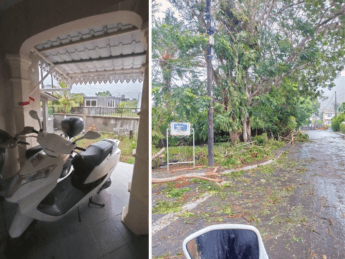
On a related note, many of the local-style homes have a flat roof. If you live on the top floor, it might happen that your roof starts leaking after heavy rain. That’s because the roof often doesn’t drain well. Make sure to not put your laptop beneath any cracks in the ceiling. The humidity can also be quite high in Mauritius, which can damage your tech. A best practice is to put away your laptop in a closet or drawer after you’ve finished work.
Those same local-style homes often have wiring that’s a little amateurish. It can happen that your cheap adapter starts heating up inside the socket and begins to melt. That’s why it’s wise to turn off the socket whenever you leave or at least unplug your cables.
Culture, Language, & Religion
Mauritius and the other Mascarene Islands were first colonized in the early 16th century. The previously uninhabited islands changed various European hands. They abducted and enslaved people from Madagascar and East Africa and made the dodo go extinct. What shaped the island most today were the French rule and British rule. The French have left their impact on the language you’ll hear most frequently: Mauritian Creole also known as Morisien. The last people to colonize Mauritius were the British. They brought many people over from India and China to work as indentured laborers on the sugar plantations. Mauritius gained independence from the crown in 1968, after which they kept English as the main government language. That’s why most Mauritians today speak Creole, French, and English.
As a result of all the ethnicities, Mauritius is a multi-cultural society with great diversity on all fronts. You’ll find a halal snack place not far from a Hindu temple. One block away might be a Rastafari house close to a Jehovah’s witnesses-run church. Because of this diversity, most restaurants cater to the needs of various religious dietary restrictions.
With many religions come endless holidays, though Mauritius seems to have struck a good balance. Not all religious holidays are also public holidays that derail business as usual. The only celebration that truly affects the opening times of shops is western New Year’s (31 December, 1 January). The whole first week of the new year is always a mess. The best way to prepare yourself is to have plenty of food at home.
Local Opportunities
Thanks to the premium visa, it’s relatively easy to stay in Mauritius longer than 6 months. In doing so, you’ll become a tax resident of Mauritius. This rarely leads to any actual taxation; your foreign income is only taxable in Mauritius if you transfer it to a local bank account. The rules state clearly that using your foreign card doesn’t count as bringing money into the country.
As a Mauritian tax resident, you can get a tax ID. This can be very useful to open bank and brokerage accounts in other countries.
Rodrigues Island
If you want to put the remote in remote work, a little island called Rodrigues ticks all the boxes. The island is located about 600 kilometers east of Mauritius and is roughly 20 times smaller. It goes unnoticed by most travelers, making Rodrigues the perfect retreat away from mass tourism. The reef and shallow lagoon surrounding the island are twice as big as the island itself. This makes it the perfect spot for beginner kitesurfing classes and renting a kayak. Rodrigues is more rural than Mauritius, which you’ll notice by the many goats, sheep, and cows on the road and on the incredible hiking trails. In the morning, fishermen return back to port in small boats gliding over the insanely turquoise waters.
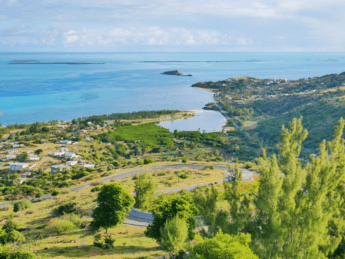
The tiny island sustains about 35000 people, most of them live in the island capital called Port Mathurin. There are about 5000 Rodriguans living and working on the ‘mainland’ of Mauritius. That is why you’ll sometimes see the population quoted as roughly 40000 people. The majority of Rodriguans adhere to one of the many Christian faith varieties. The Muslim and Hindu representation is much smaller in Rodrigues than it is in Mauritius. Though English is still understood by many, most Rodriguans only speak Rodriguan Creole and French.
Though Mauritians think that Rodrigues is an entirely different world – “Rodrigues is like how Mauritius was in the 70s” – most essential things work the same. It’s perfectly doable to work remotely from Rodrigues. If you combine a visit to Rodrigues with the power of the premium visa, you can stay several months without bother.
The only thing you’ll notice is less variety in consumer products and inconsistent availability. For example, one week you won’t find roasted coffee in the supermarket but the following week you have five different types. Also, if you’re unlucky and your MacBook breaks (true story), you’ll only be able to replace it with a non-Apple alternative. Rodriguans are very adaptive, so it’s a good idea to adopt a similar attitude.
Food variety is also more limited. While you can easily find Korean, Middle Eastern, and a wealth of Indian cuisines in Mauritius, in Rodrigues the offer is reduced to Rodriguan specialties, Mauritian classics, pizza, burger, and panini. All the local fish, meat, and vegetables are organic, free-range, and raised/grown without the use of antibiotics and pesticides. It’s doable to live in Rodrigues as a vegetarian, though without the great variety you’ll find in Mauritius. Cooking at your accommodation should always be a backup option.
Most visitors to Rodrigues struggle with the opening times. Supermarkets generally operate from 9:00 till 16:00. Bakeries open earlier. Saturday is the big market day in Port Mathurin with the greatest availability. On Sunday, most shops will remain closed. The availability of goods also increases immediately after the ship docks, which happens every 9 days or so. As for restaurants, they work from 9:00 till about 14:00 or 15:00. Some of them take an afternoon break and reopen around 18:30. About 90% of restaurants only serve breakfast and lunch and won’t reopen for dinner. All of them have a phone number somewhere, so you can call ahead and ask if it’s open.
Outside of Port Mathurin, the rules are different. You’ll see many convenience stores and small fruit and vegetable stalls. Their opening times are even more irregular and some of them can be surprisingly reliable. For example, the main shops in Mourouk are simply always open when the owner is there—even on Sunday.
To get around the island, you could rely on the extensive bus network or rent a vehicle. The road quality is great in most parts and where it’s not they’re working on improvements. All buses go via Port Mathurin and they stop running at around 17:00. Locals always advise to not take the last bus, but the one before that—just in case. If you’re stranded, it’s also incredibly easy and safe to hitchhike in Rodrigues. If you’re renting a vehicle, it’s make it a scooter; the joy of riding around and the ease of finding parking are unparalleled.
The cost of living in Rodrigues is about the same as in Mauritius. It pays off to get to know some people in the first weeks of your stay. You’ll notice Rodriguans are particularly friendly. Many people are entrepreneurs themselves. They work hard to find solutions, especially if they know you want to stay for a month or more. It sounds like a cliché, but everyone knows everyone. If you’re looking for long-term accommodation, it’s possible to use this network to find a place that’s cheaper or in a better location without Airbnb or Booking.
Everywhere you have accommodation, you’ll have mobile internet reception. Sometimes My.T has better coverage, another time it’s Emtel that takes the cake. That’s why it might be beneficial to have both flavors of SIM cards when you travel to Rodrigues. You can buy both My.T and Emtel in Port Mathurin. Though most accommodations will offer WiFi, you should not rely on it.
So what’s the catch? Well, Rodrigues has autonomy from Mauritius, which means they can make their own rules regarding entry. If there’s a shiny new disease spreading across the globe, Rodrigues will close rapidly and stay closed till there’s a vaccine. So first you need to make sure that it’s possible to enter Rodrigues before you try to book a flight. Also, it’s not possible to extend your tourist visa on Rodrigues. You’d have to fly to Mauritius and visit the immigration office in Port Louis.
Lastly, ‘everyone knows everyone’ and the entrepreneurial spirit means it’s important to stick to promises made. If you said you’ll rent another place for a month, it’s important to fulfill that promise before moving to a different part of the island. And if you said you’d join a tour to Île aux Cocos with one person, it’s bad form to then eventually go with someone else. Let’s keep the island as peaceful as it is by not creating conflict.
Final Words
We hope that this guide is useful in your pursuit of discovering the truly beautiful archipelago of Mauritius and Rodrigues. Let us know what your experiences were and how you liked the country as a digital nomad.
If you are still unsure about Mauritius and Rodrigues, check out some more articles about the country. Or leave a question in the comment field down below.

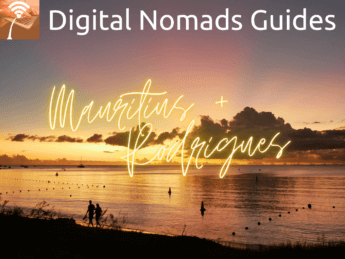
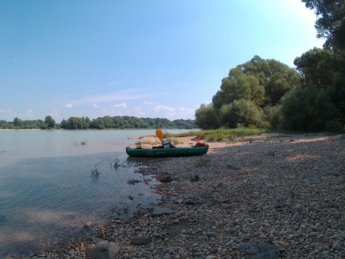
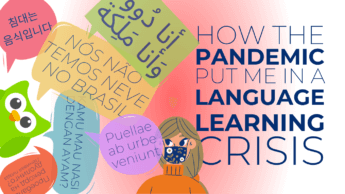
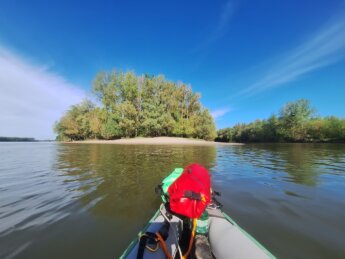
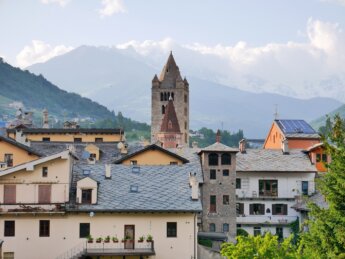
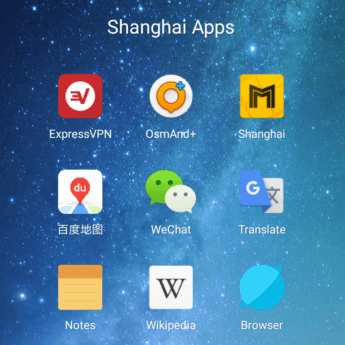

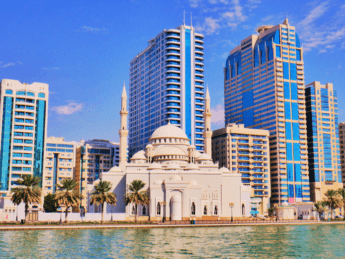
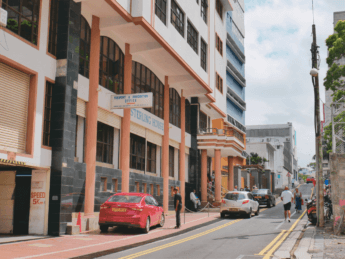


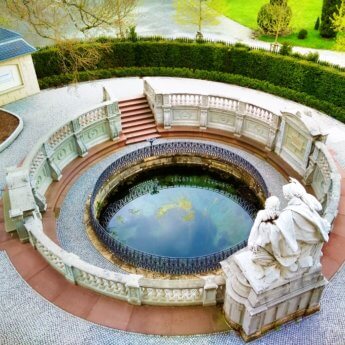
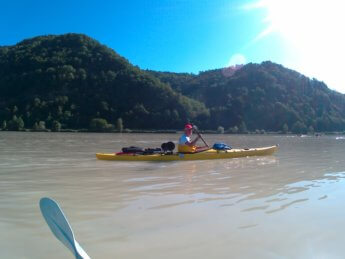
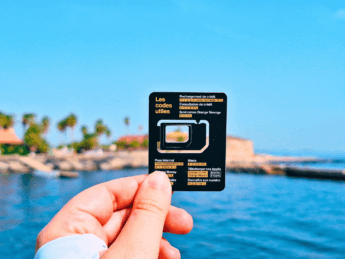
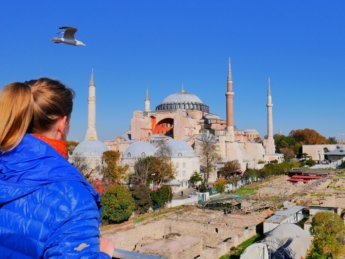

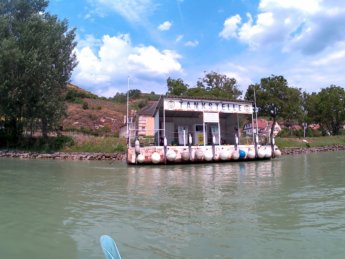
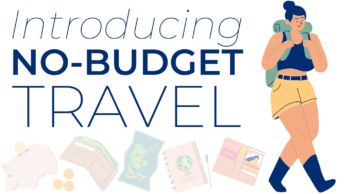

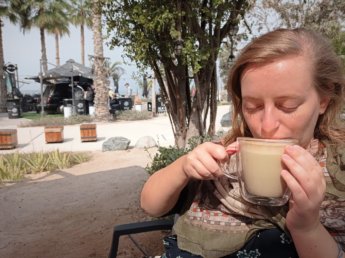

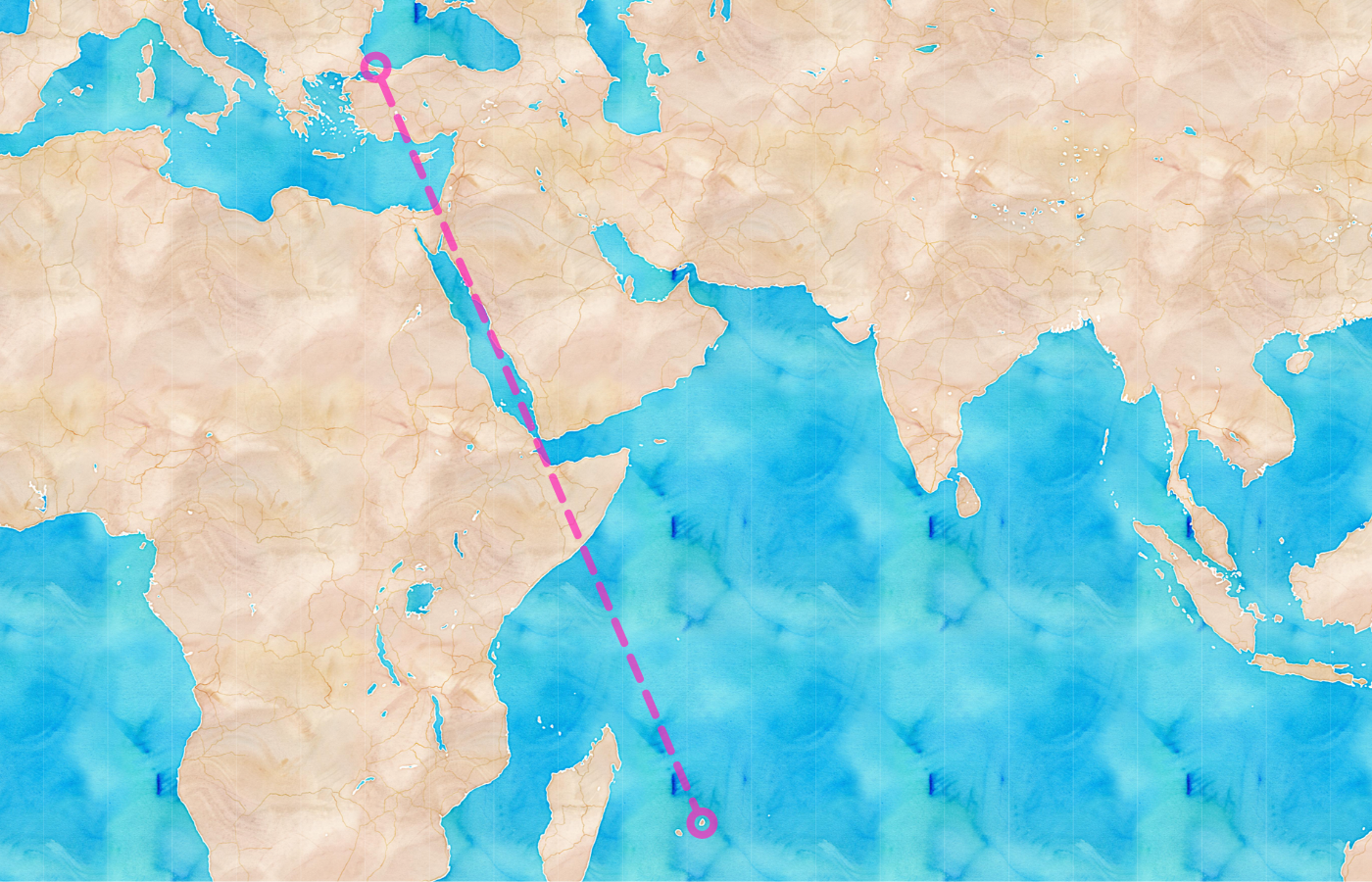


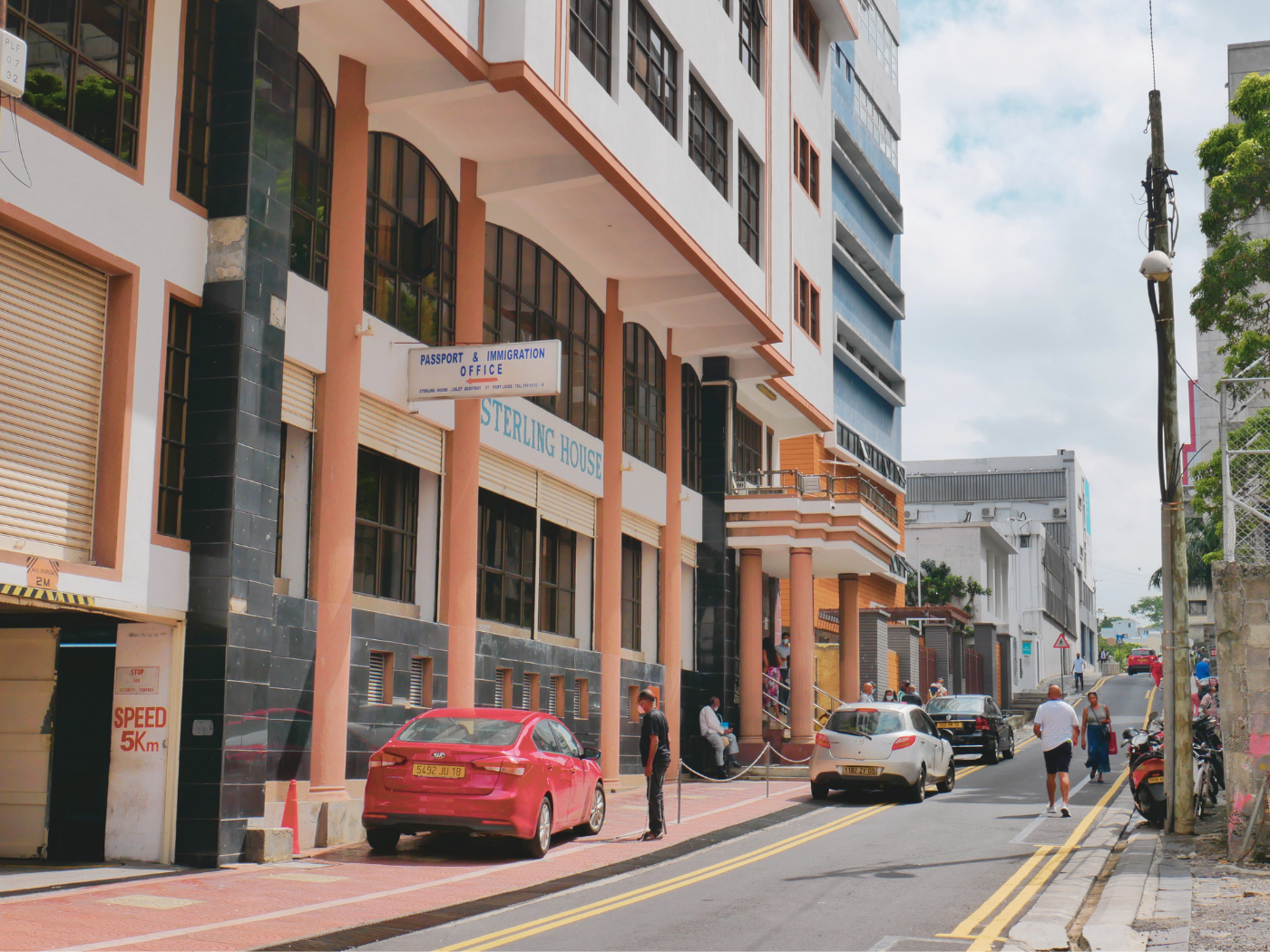
I want to migrate to Mauritius from Nigeria to explore work opportunity. Am a responsible young man with integrity but don’t know how to go about it
Hey Ojukwu Daniel, lovely that you want to move to Mauritius, but unfortunately I don’t know much about actually moving. Perhaps try looking for Facebook groups/pages of fellow Nigerian citizens who have successfully made the move before you? Good luck